Enterprises open the way
Many years ago, when mentioning Ben Luc ( Tay Ninh province), people immediately thought of low-lying areas and acid sulfate soil, where any crop was difficult to grow. However, on that seemingly "difficult" land, Chanh Viet Company and the farmers here wrote a miraculous story about organic seedless lemons, bringing the Vietnamese brand to the international market. Thereby, not only helping people increase their income, Chanh Viet's model also spread the spirit of clean production, changing farming practices, contributing to sustainable poverty reduction through knowledge transfer - market linkage - product consumption.

Thanks to knowledge transfer - market linkage - product consumption, Chanh Viet Company and farmers have transformed difficult land into organic seedless lemon growing areas for export. Photo: Tran Trung.
Mr. Nguyen Van Hien, Chairman of Chanh Viet Company, said that in 2012, facing the challenges of nature and the concerns and worries about the lives of poor farmers, Chanh Viet Company was born, with the aspiration to make lemon trees one of the important crops with high value in the Mekong Delta.
According to Mr. Hien, farming without processing has very low value. Because organic farming only 30% meets export standards to Europe, so what should we do with the remaining 70% of lemons? Not only solving the problem of agriculture, Chanh Viet also wants to maximize the value of lemons with quality products to domestic and international consumers.
Chanh Viet's business philosophy is to bring quality products to the community because community benefits are considered the top priority, thereby enhancing the value of Vietnamese agricultural products, the development process is always associated with community responsibility. To realize that philosophy, the Company always accompanies prestigious scientists in research activities on agriculture and agricultural products.
In addition, the company always promotes kindness in thinking and behavior towards the community and society. Chanh Viet has also connected with many gardeners and cooperatives to guide people on clean lemon growing techniques, and purchase all lemons for people, thereby contributing to improving the lives of people right on their own land.

Chanh Viet Company guides farmers in using biological fertilizers and pesticides according to organic processes. Photo: Tran Trung.
With vision and continuous efforts, Chanh Viet Company has turned the acid sulfate soil of Ben Luc into the largest seedless lemon farm in Vietnam. Not only creating a breakthrough in green farming model, Chanh Viet also helps local farmers improve their knowledge, change their production mindset, form a raw material area of nearly 7,000 hectares, and expand the sustainable organic agricultural value chain.
"Join hands" to do clean agriculture
Not only large enterprises, many cooperatives and farming households in the Ben Luc area are also changing strongly. Thanh Hoa Cooperative, established in 2014, currently has 15 members with a cultivation area of 30 hectares of seedless lemons. Thanks to the support of the agricultural sector, the Cooperative has successfully applied the VietGAP process, exporting organic lemon products to the Netherlands.
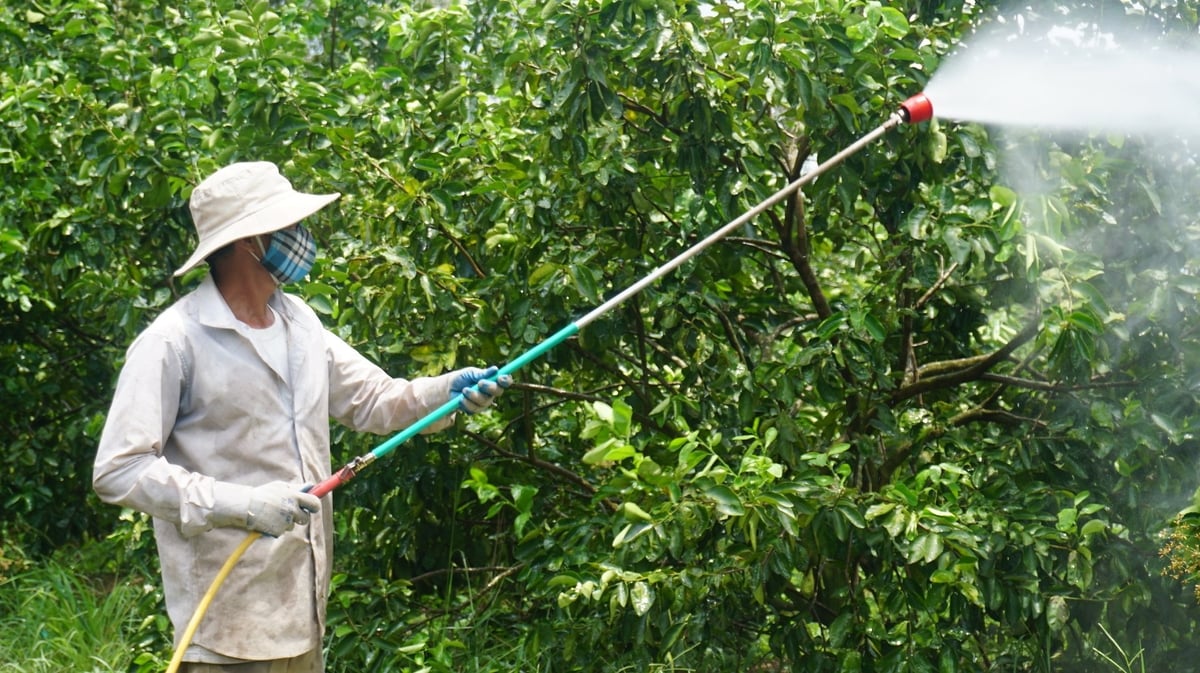
Thanks to improved knowledge and a firm grasp of market information, farmers have quickly mastered sustainable farming processes. Photo: Tran Trung.
Director of the Cooperative, Mr. Dang Quan Phai, shared: “Previously, before applying VietGAP, farmers' products were mainly sold on the open market, with unstable prices. Since joining the Cooperative, people have been able to grasp information, receive technical guidance, control the process, have stable output and are purchased by many foreign enterprises. Clean production not only helps plants grow healthy and the soil is good, but also ensures long-term output.”
One of the typical members of the cooperative is Mr. Nguyen Ngoc Bo, who soon switched to organic farming. Mr. Bo said that when using chemical fertilizers, plants grow quickly but the soil becomes increasingly hard and infertile. After being exposed to information, after only a few years of applying organic and microbial fertilizers, the soil in the garden becomes loose and fertile, the plants grow healthily, and produce fruit more regularly and sustainably.
“At first, people were hesitant because of the high cost, but after seeing the effectiveness, many households followed suit. Now, lemons in the area are beautiful, clean, and sell for a higher price, without damaging the soil,” Mr. Bo said excitedly.
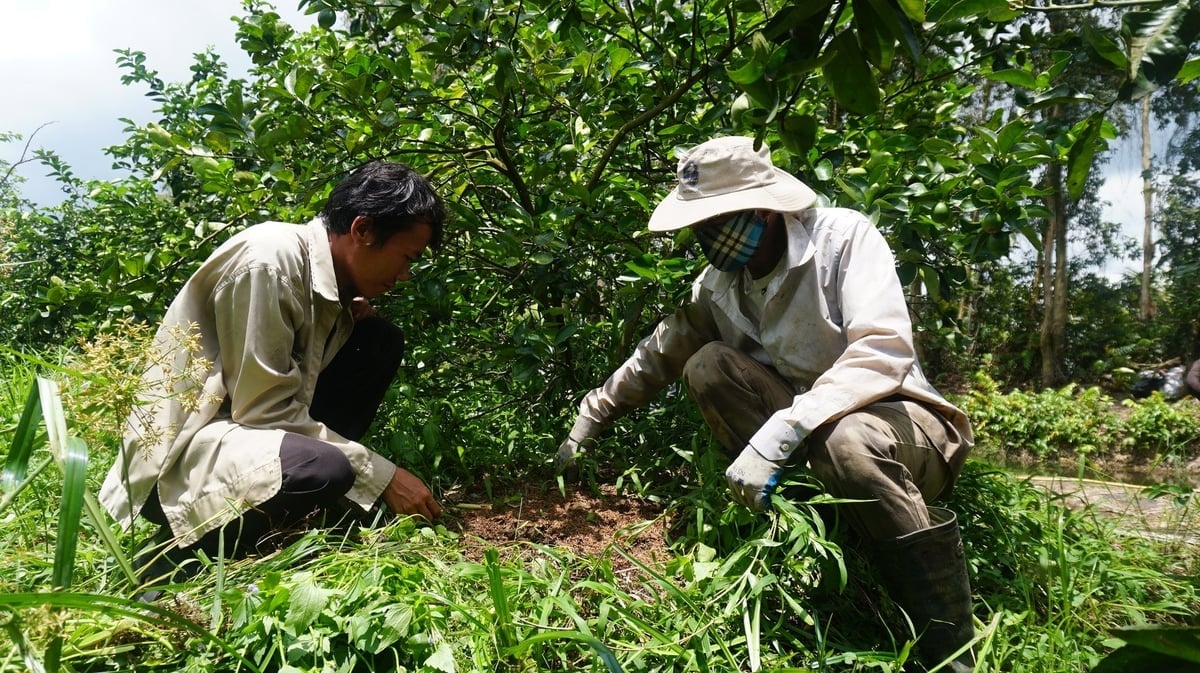
Organic seedless lemons open a way out of poverty in difficult areas of Ben Luc, Tay Ninh province. Photo: Tran Trung.
According to Vice Chairman of Thanh Loi Commune People's Committee Huynh Ngoc An, the locality is implementing many training courses, transferring information and techniques, and encouraging people to boldly produce organically. However, the conversion still faces many difficulties: high investment costs, lengthy certification processes, and long land reclamation time. "We hope to receive more support from the State in terms of capital, technology, and preferential policies so that people can feel secure in producing in a green, clean, and sustainable direction," said Mr. An.
From the model of Chanh Viet Company and Thanh Hoa Cooperative, we can clearly see the effectiveness of the new direction: organic production - circular farming - value chain linkage. This is not only a solution to protect the environment, but also the key to help farmers increase their income, businesses develop stably and localities achieve the goal of sustainable poverty reduction.
Source: https://nongnghiepmoitruong.vn/lam-chu-tri-thuc-giam-ngheo-bai-2-bien-dat-kho-thanh-vung-chanh-xuat-khau-d783995.html




![[Photo] Unique architecture of the deepest metro station in France](https://vphoto.vietnam.vn/thumb/1200x675/vietnam/resource/IMAGE/2025/11/14/1763107592365_ga-sau-nhat-nuoc-phap-duy-1-6403-jpg.webp)
![[Photo] Unique art of painting Tuong masks](https://vphoto.vietnam.vn/thumb/1200x675/vietnam/resource/IMAGE/2025/11/14/1763094089301_ndo_br_1-jpg.webp)


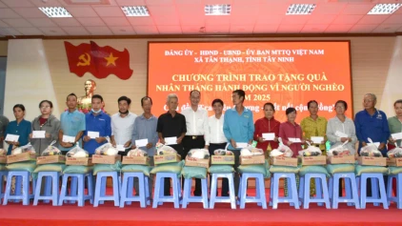



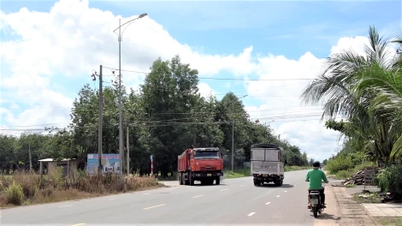
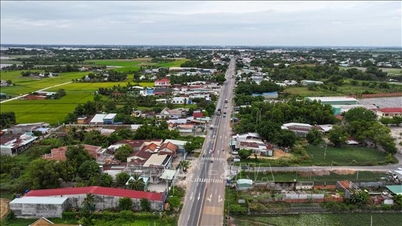

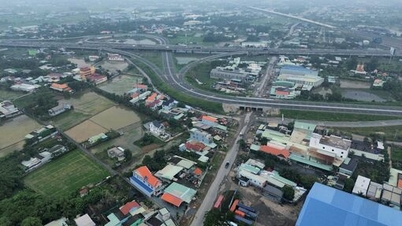

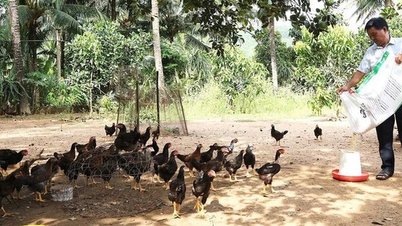

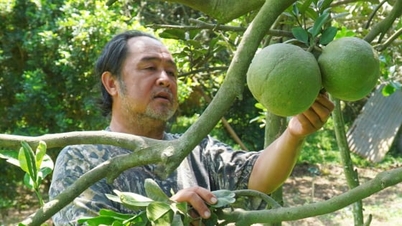
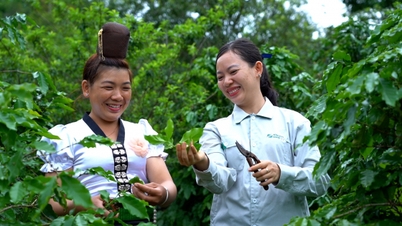
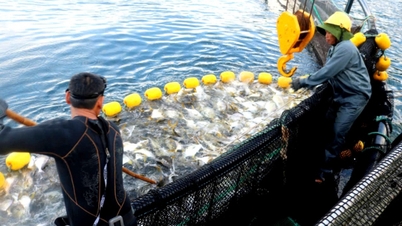
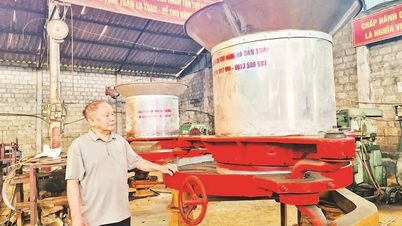

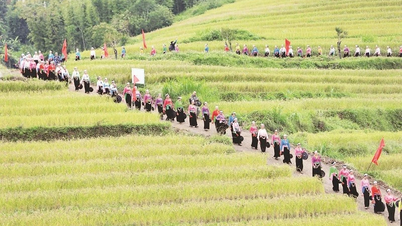
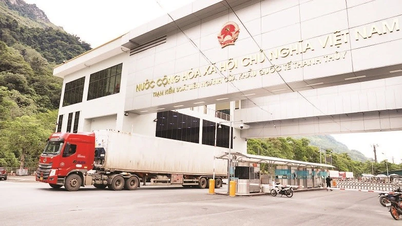




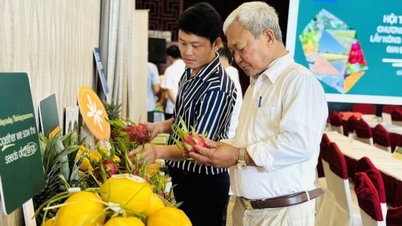
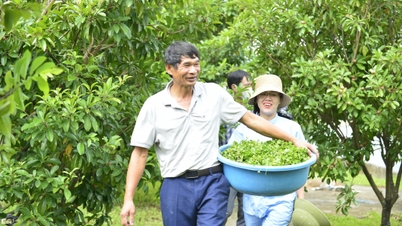
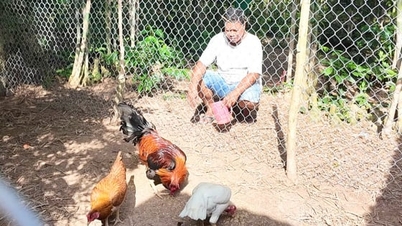
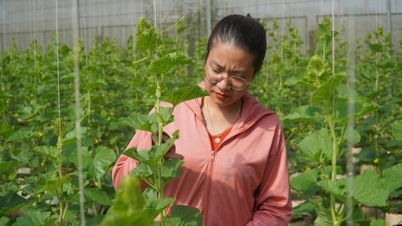

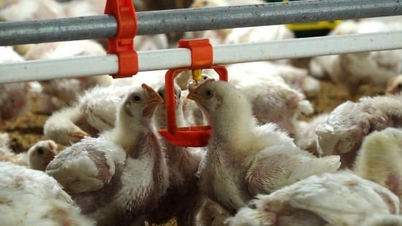

![[Photo] Special class in Tra Linh](https://vphoto.vietnam.vn/thumb/1200x675/vietnam/resource/IMAGE/2025/11/14/1763078485441_ndo_br_lop-hoc-7-jpg.webp)















































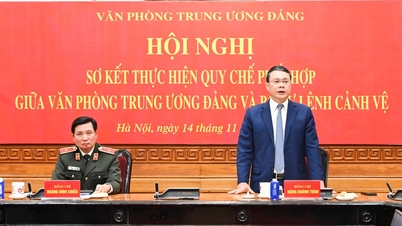




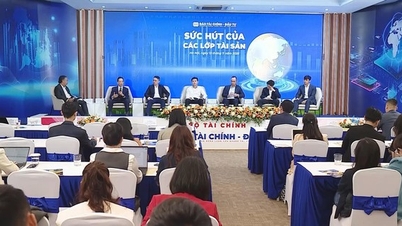
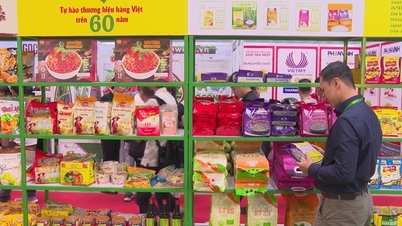


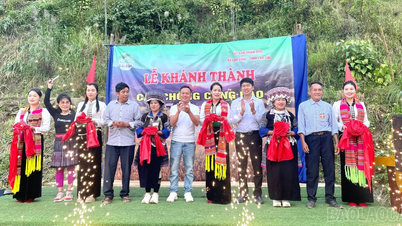

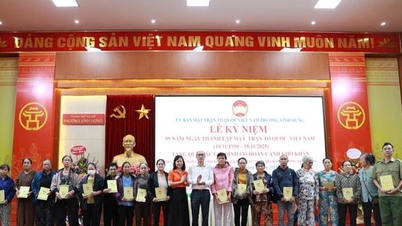












Comment (0)